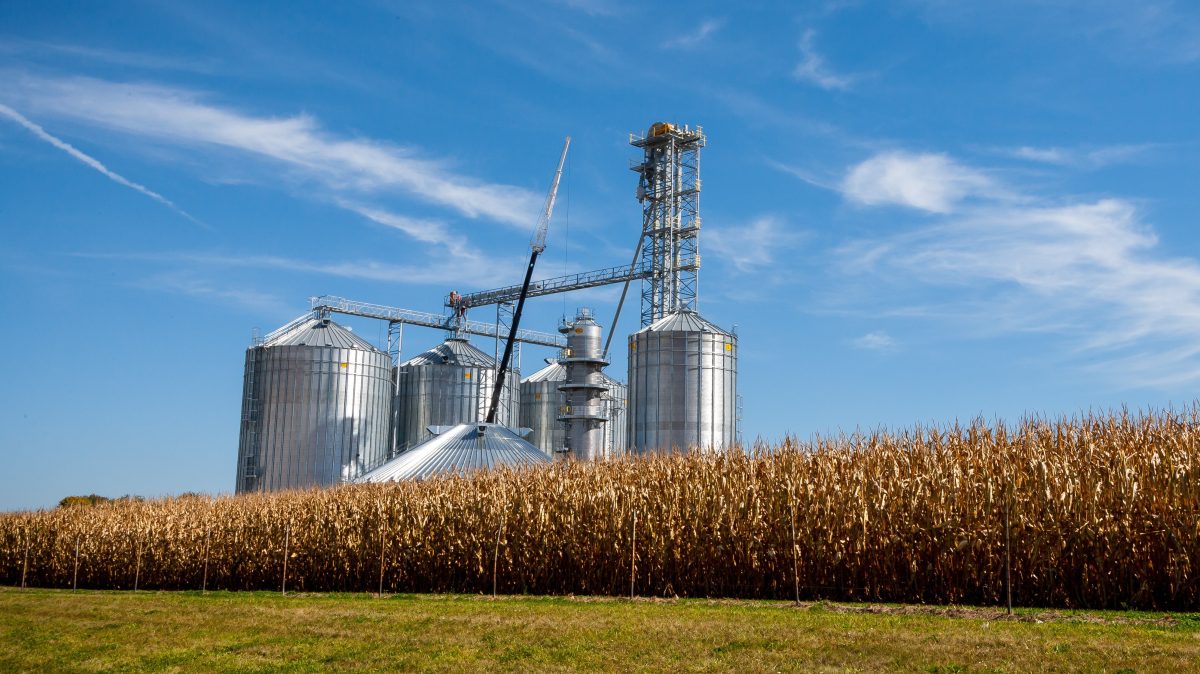Second Batch of Coronavirus Assistance Will Help More Farmers
TOPICS
TradeZippy Duvall
President

photo credit: Mark Stebnicki, North Carolina Farm Bureau
Zippy Duvall
President
Last week, President Trump and Agriculture Secretary Perdue announced a second round of direct aid to farmers and ranchers through the Coronavirus Food Assistance Program. Up to $14 billion will be used to help farmers who continue to suffer from depressed markets due to the pandemic. Farm Bureau greatly appreciates this lifeline to help more farmers and ranchers stay afloat and survive the economic impacts of COVID-19.
The first round of CFAP aid to farmers and ranchers covered sales, or losses, through April 15. Of course, we know that COVID-19 didn’t disappear on that date. In fact, case numbers and economic impacts worsened over the summer in some areas that were not as hard hit in the earlier days of the pandemic. That rolling wave has lengthened the economic toll, and many farmers are just now getting a handle on how their operations have been affected.
The coronavirus pandemic hit at a time when farmers and ranchers were continuing to struggle with low prices due to reduced exports.
Then there’s the matter of CFAP aiding producers who never participated in farm programs before—producers who may not have realized that aid was available. The situation was further complicated as commodities were added to the CFAP program over time. Producers who saw that their commodities weren’t covered in the initial package might not have realized it changed and they should apply.
One of the first impacts of the pandemic was concern about food supplies. While the temporarily empty shelves were more a result of changes in consumers’ buying habits and processing bottlenecks, we all know that keeping farmers and ranchers in production is a key to ensuring we all have access to the foods we need. The term “safety net” is often used in the context of farm programs, but I believe CFAP is as much a safety net for consumers and American food security as it is for agricultural producers.
Finally, the Coronavirus pandemic hit at a time when farmers and ranchers were continuing to struggle with low prices due to reduced exports. You know, after several years of low prices, back-to-back weather disasters, trade disruptions and, now, a global pandemic, I’m sure many farmers and ranchers are starting to feel a little like Job, whose faith was tested. But just as Job never lost his faith in God, farmers and ranchers will not lose their devotion to farming and feeding our nation. And thanks to the assistance provided to help them survive the economic impacts of the pandemic, more farmers and ranchers will survive to see our markets not only restored, but increased.
Another phrase we often use in agriculture is that farmers would rather get their income from the market than the government. That remains true. We’re all looking forward to the time when markets recover, trade returns to its pre-trade war levels, and commodity prices increase. We also pray for an end to this pandemic and its devastating impact on many people’s lives and livelihoods.
Like Job, farmers and ranchers have been both blessed and tested. But we know the future of agriculture is bright.
We’ll be here, #StillFarming, and continuing to feed, fuel and clothe the world.
Zippy Duvall
President
Vincent “Zippy” Duvall, a poultry, cattle and hay producer from Greene County, Georgia, is the 12th president of the American Farm Bureau Federation.
Top Issues
VIEW ALL